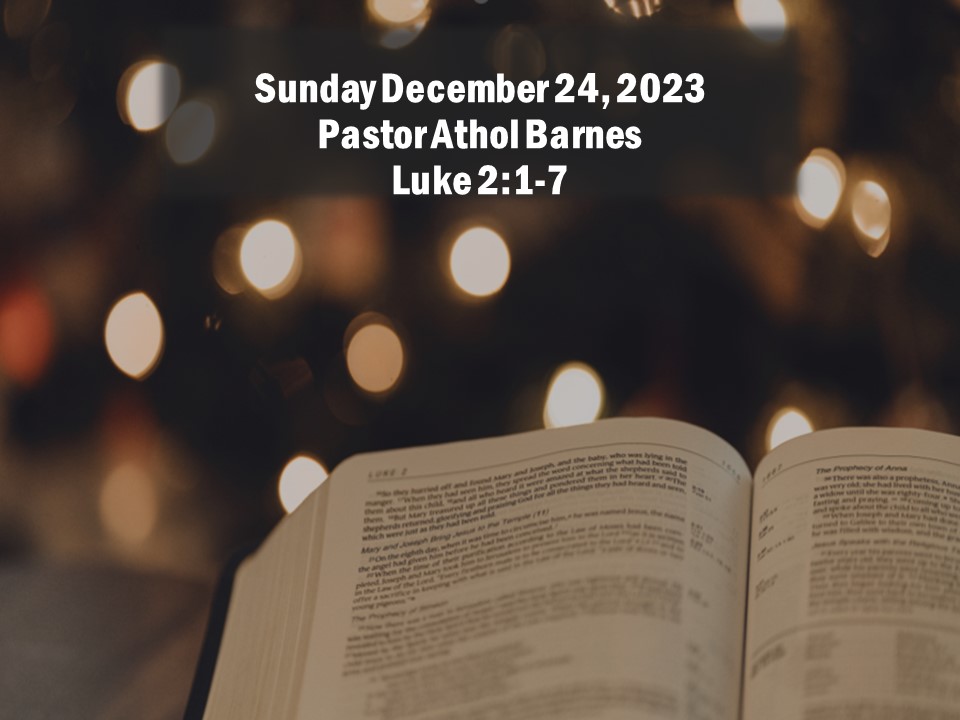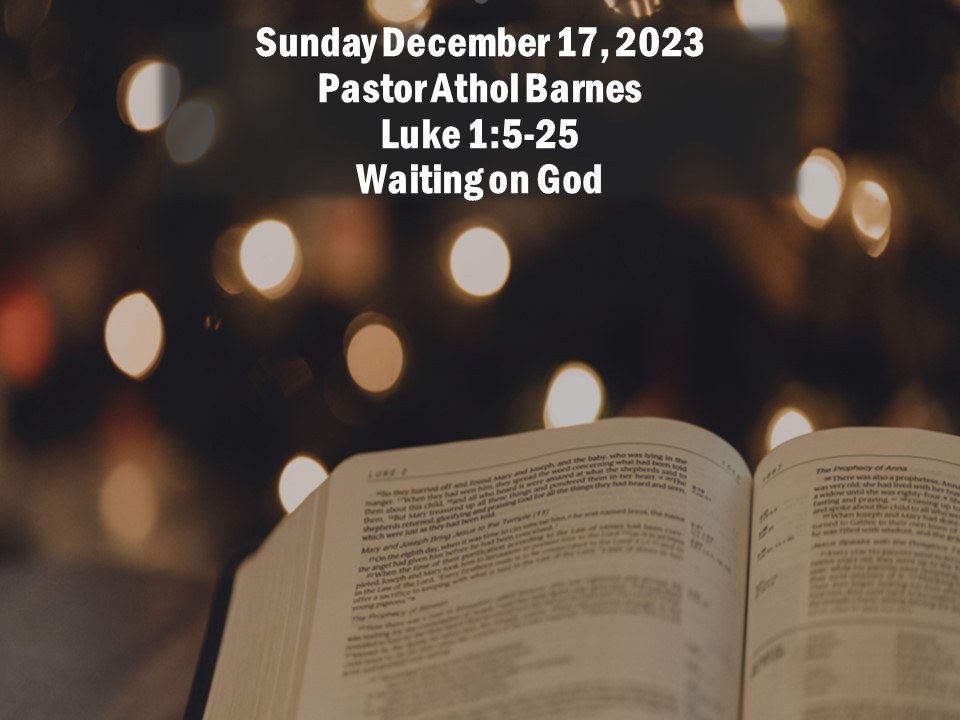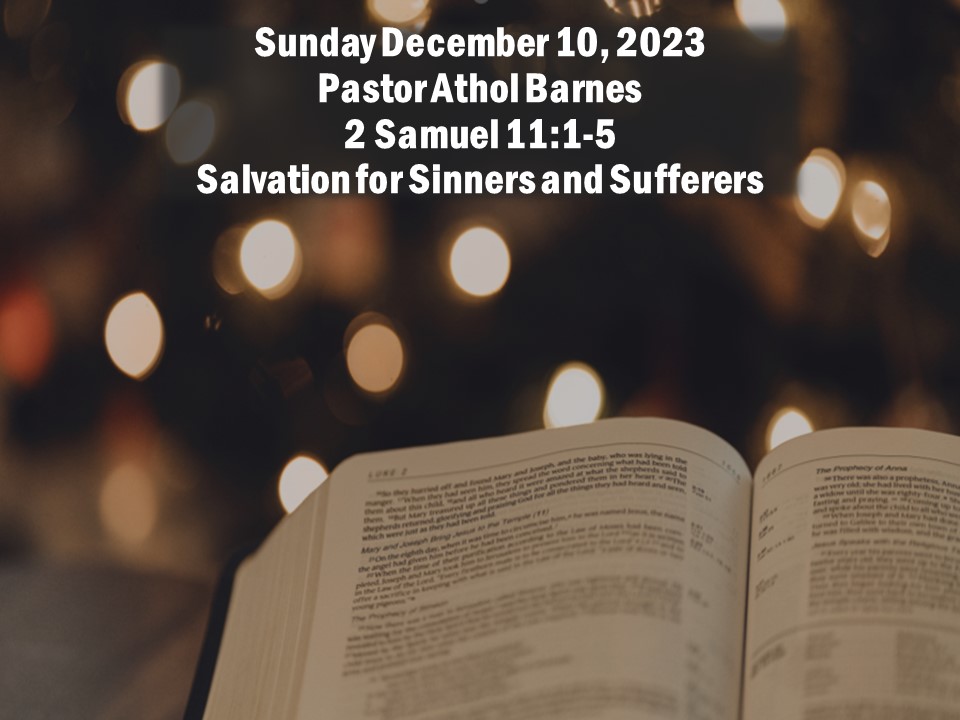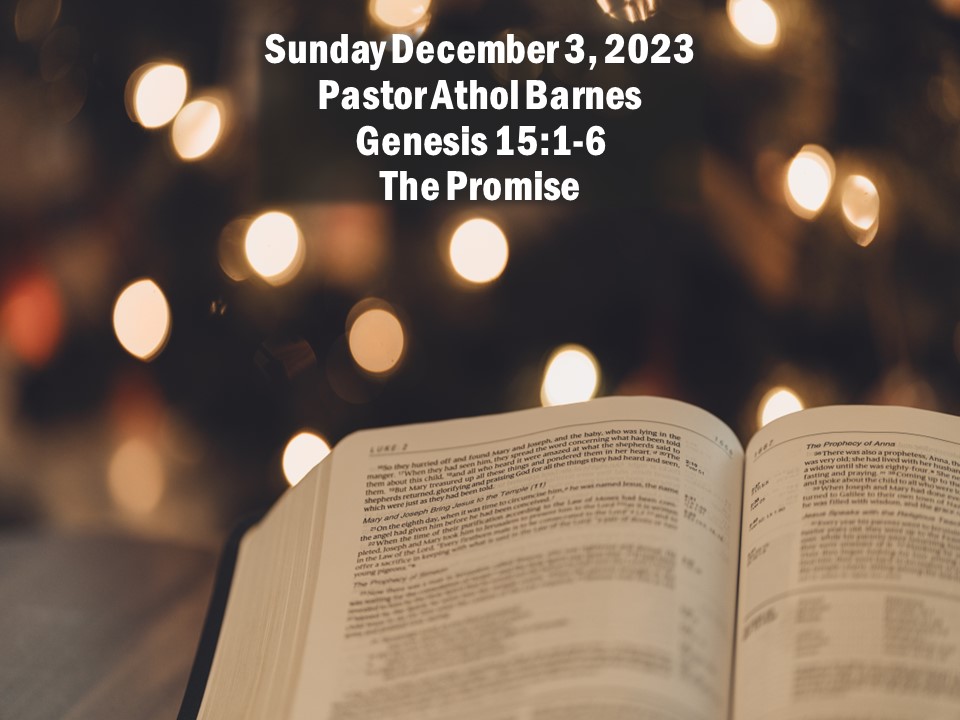
The waiting is over! It’s Christmas.
Two thousand years ago, the nation of Israel had been waiting for the Messiah for hundreds of years. The waiting was over, the Messiah was born.
Living in the church age we miss the significance of what it meant to wait for Jesus. For us it is a historical fact.
But when Jesus did arrive, many people missed him. They missed his coming because they were expecting something grand and earth shaking. Yet the moment God took on flesh was almost anticlimactic, and the nation missed the significance of the incarnation, they missed the Messiah.
Mary was a young mother, poor and desperate. She was not a household name; people didn’t notice her and Joseph walking into Bethlehem that night. They were non-descript poor folk from out of town.
Jesus was born in a stable and placed in an animal feeding trough. The smell of urine and dung was heavy in the air. There was no midwife, no sterile surgery, nor any attendants. The Messiah was born.
The religious leaders of the day, if they were even looking for the birth of the Messiah, would have looked to palace courts and wealthy homes, people of renown, people who would be worthy of raising the Christ Child. But Jesus was born in poverty, the most humble of births.
He was one of us. The God who created the universe by speaking a word, is now one of us.
I want to look at four ways Jesus identified with us.
Born as one of us.
Jesus was born vulnerable, weak, and dependent on his family (See Luke 2:6-7).
God’s presence in the flesh, presented as simply as a baby in a feeding trough. Raised by the most unlikely couple.
Mary and Joseph were humble, but they both responded to God the same way, when He promised His presence through this miraculous baby, they believed!
Jesus was born, the one called “Immanuel”, which means, “God with us” (See Matthew 1:23).
Jesus was born like us, vulnerable, weak, and dependent on his family. In his perfect humanity, he needed others to care for him. Just like us.
Lived as one of us.
Jesus lived as “God with us”, enjoying life’s pleasures and enduring life’s moments of boredom and pain. The Bible tells us that in Luke 2, that he was strong and filled with wisdom. He had the favor of God on him, and he loved to spend time in the temple questioning the teachers. But he also lived a normal life.
Jesus lived like us, enjoying life’s pleasures, he played games, got bored, and enjoyed a good meal (See Matthew 11:19).
He fasted, he stayed up all night praying and then he also slept when others couldn’t. He spent years learning a blue-collar trade and worked with his hands. He made friends and lost friends, just like us. In fact, Jesus was so normal, that his own family thought he was crazy when he began his ministry and began attracting crowds (See Mark 3:21). They didn’t know at that time; he was God in the flesh.
Suffered as one of us.
Jesus suffered as “God with us”, getting sick, growing tired, losing loved ones, and fighting temptations (See Hebrews 4:15). Just like us.
Jesus experienced the heartbreak of betrayal. He felt the brokenness of this world and the limits of his own body. Just like us.
Jesus has empathy for us because he suffered like us in this world. He knows the pain and struggles of these earthly bodies. He is not aloof and distant from your suffering. He suffered like us.
Died as one of us.
Then Jesus did something you and I haven’t done. Something very human, but still very foreign to us, he died.
We all will die one day, but we haven’t yet. Jesus has experienced something universally human—but that we living humans haven’t gone through yet. Jesus died as “God with us” (See 1 Peter 3:18).
Because Jesus died and rose again, we can approach our own death with confidence that death is not the end (See 1 Corinthians 15:19–21).
Jesus experienced the full weight of the curse, the loneliness and horror of death, so that we would be able to approach death knowing we are not alone.
Joining Jesus in his death, we will also join him in his resurrection life. Jesus became like us so that we could become like him— alive forever.
Christmas, the birth of Jesus is way more than significant than a baby being born, it is the reality of God himself, becoming like one of us to identify with us, to live, suffer and die as we do, so that we could know that He is real.
There are millions of people who go to church every year, who are attracted to the idea of Jesus, but miss out on the reality of the person Jesus. Do you know the reality of Jesus, the person who lived and died for you?
For everyone of us, we need to have the moment when we are drawn by the holy spirit into the reality of Jesus.
You see, we as church goers and good Christians can get so tied up with the idea of Jesus and the rote spiritual disciplines, all of which are good, but we can connect with the idea of Jesus and never really grow in relationship with Jesus.
You cannot have joy in a relationship with the idea of a person, you need to know the reality of the person (See John 15:11).
No other religion has a god who came down and humbled himself to invite us into a relationship that is life giving and full of Joy.
Every other religion is a series of steps to attain to, to become like their god or to seek approval from a deity. Only the one true God has become like us, to save us.
Are you one of His children?




